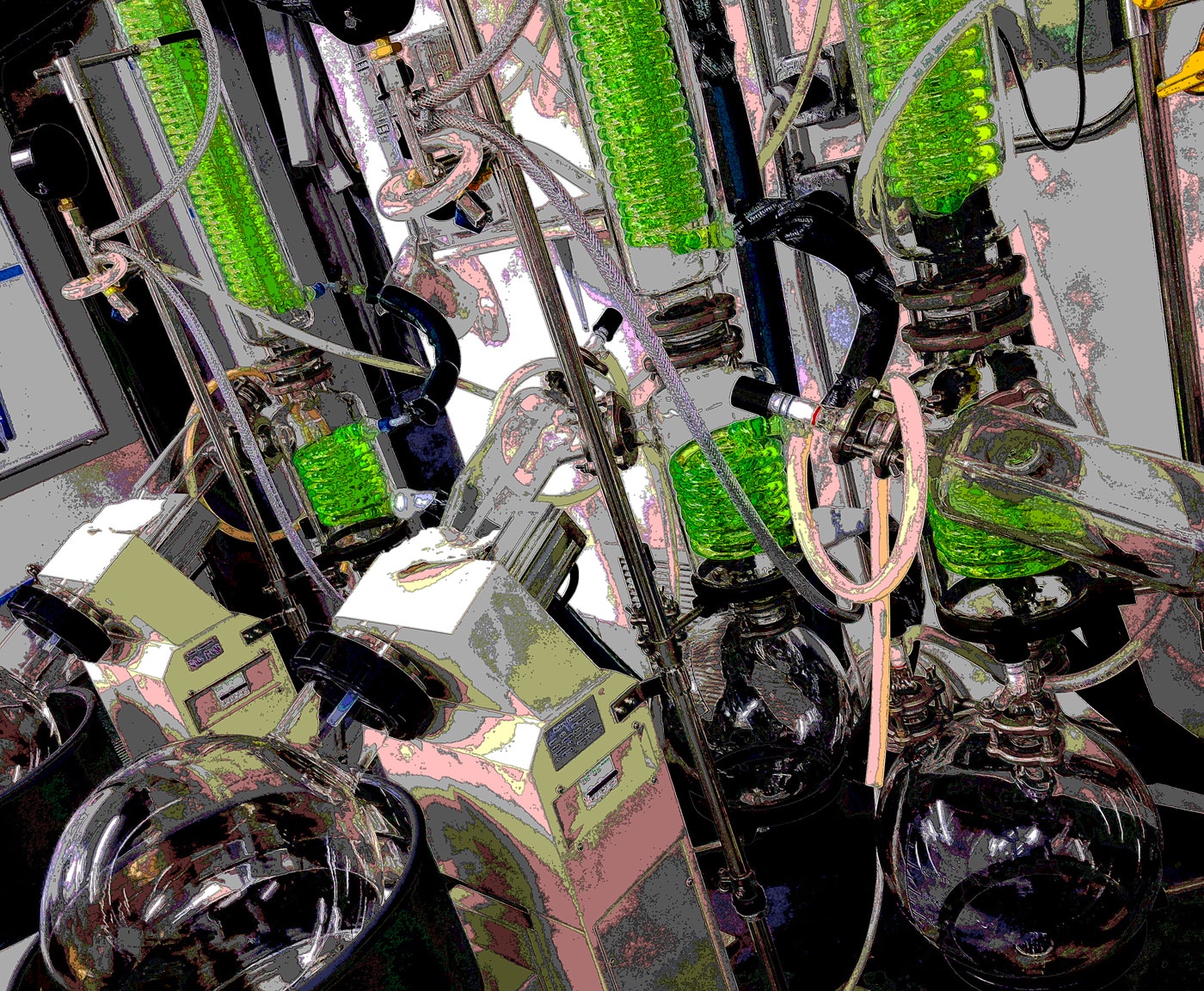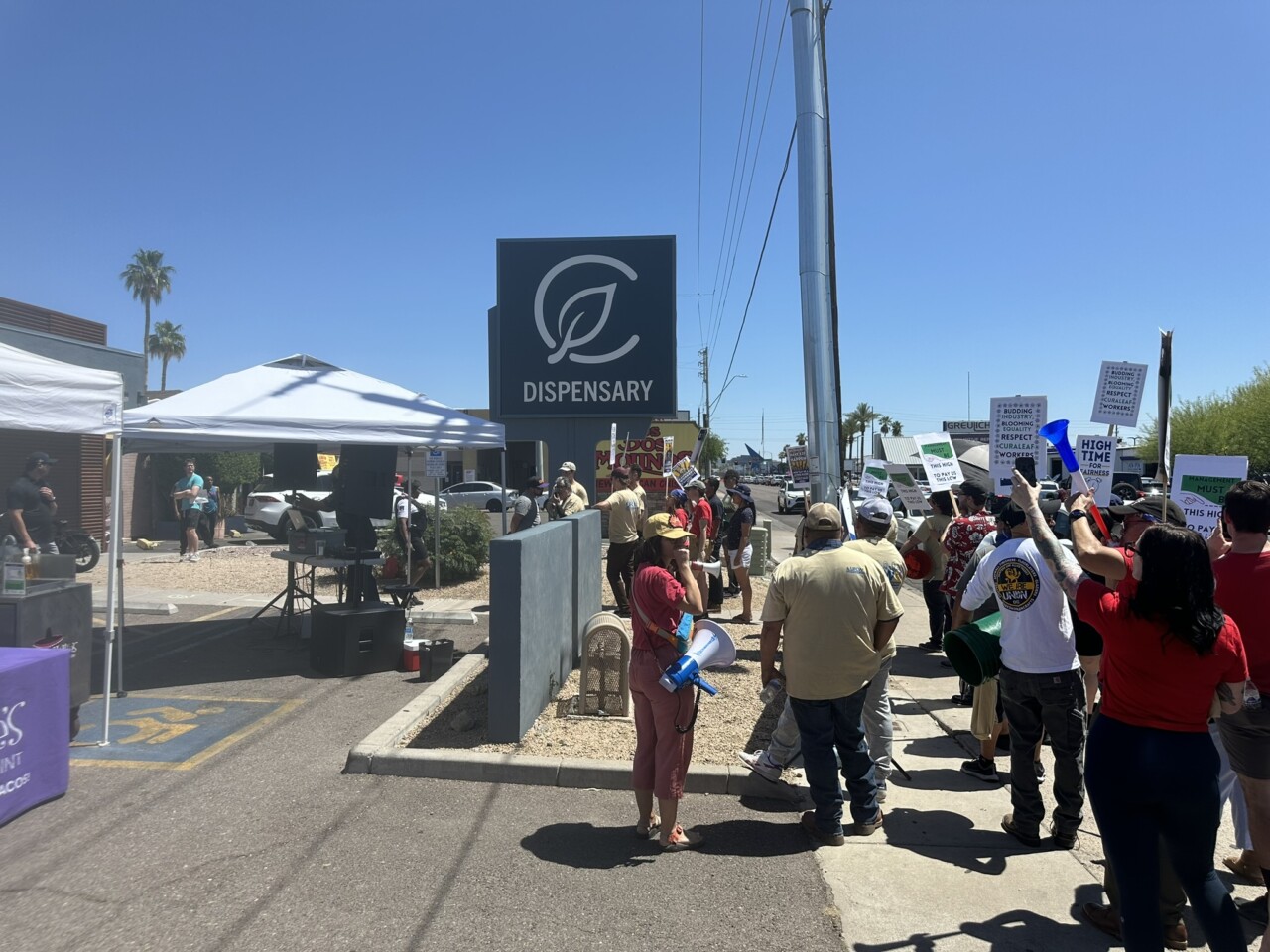At a time when America’s opioid crisis is rising to catastrophic levels, Scottsdale’s Blue Door Therapeutics has been making national news, using cannabis to help people battle opioid addiction. The newly opened clinic’s progress is being closely followed by the press in hopes their fresh approach will catch on. As Jeff Sessions joins the chorus of state leaders around the country warning a national state of emergency over the growing addiction epidemic, Sessions has turns a blind eye to studies reporting cannabis may be the answer.
“Drug overdose is now the leading cause of accidental death in the United States. As the first treatment center in the world to combine the use of medical cannabis with traditional, naturopathic and alternative medicine, our team is committed to creating a customized exit strategy for each patient by using a combination of therapies to decrease opioid dependency,” says Dr. Gina Mecagni Berman, MD, CEO and co-founder of Blue Door Therapeutics.
Led by top corporate CEO, Jason Doolittle, Blue Door Therapeutics has raised more than $2 million dollars in funding to launch the initial clinic and plans to open two more within the next two years. “At Blue Door, we don’t view cannabis as an illicit substance; we view it as a medical treatment that makes a lot of sense when you understand the underlying neuropharmacology between opioids and cannabinoids”, said Blue Door’s medical director, Dr. Ravi Chandiramani.
In 2015, the American Society of Addiction Medicine reports that opioids were responsible for 20,101 overdose deaths due to prescription pain relievers, and another 12,990 overdose deaths related to heroin. Closer to home, a new report from the Arizona Department of Health Services showed a nearly 74 percent increase in opioid deaths in the state over the last four years.
Last year, 790 Arizonans overdosed from opioids, more than 2 a day. Governor Doug Ducey announced his desire to tackle AZ’s addiction to opioids, but so far refused to even talk about cannabis therapy, despite signing an emergency declaration to address the opioid crisis. Ducey was one of the leading opponents to Prop205 last year, claiming that state battling opiate abuse shouldn’t legalize marijuana.
Chandiramani, acknowledges treating a drug problem with another drug is still a controversial methodology with the risk of addiction to another drug and incorporated steps in his program to prevent his patients from replacing one addiction behavior with another. Blue Door Therapeutics does not encourage their patients smoke cannabis for their therapy. Instead they combine traditional medication-assisted treatment, like Buprenorphine/Suboxone, with counseling, cannabis patches and cannabis capsules to battle the symptoms of opiate withdrawal.
Opiate withdrawal symptoms include violent painful episodes of diarrhea, abdominal cramps, vomiting, and nausea; but also symptoms like anxiety, irritability, agitation, insomnia, and lethargy. CBD’s anti-inflammatory and anti-anxiety properties help patients themselves wean off opiates. “CBD’s effect on the body benefits the motor control, memory, mood, immune function, pain perception, reproduction, bone development, sleep, and appetite.”
In addition to Berman and Chandiramani, Blue Door’s medical team of board certified physicians also includes Dr. Frank Lovecchio, DO, MPH, a former Medical Director of a Poison Control Center, currently serving as a research scholar at the University of Arizona College of Medicine. In addition to their outpatient treatment center, Blue Door Therapeutics also offers an info intense website, complete with the medical literature to back up their revolutionary, but evidence-based therapies.
Learn More: Blue Door Therapeutics, 10900 N Scottsdale Rd, Ste 609, Scottsdale, AZ 85254 http://www.bluedoor.org, (844) 504-4500.









Leave A Comment
You must be logged in to post a comment.